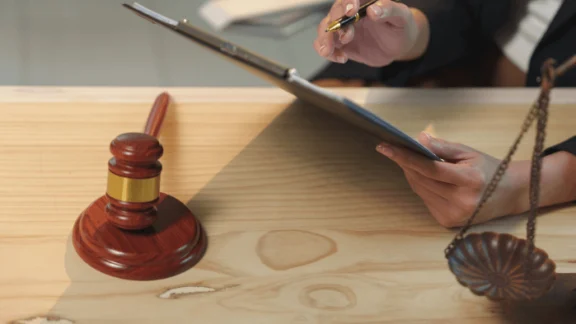A trust may help to protect assets during a divorce, but it is important to understand that doing so is not a guaranteed safeguard. The effectiveness of a trust in terms of protecting assets depends on several factors, including how, why and when it was set up.
Trusts are not automatically considered marital property in England and Wales, but they can be factored into divorce settlements in some circumstances. When making decisions on divorce financial settlement, the family courts in England and Wales prioritise fairness and the financial needs of both parties. As such, they will look at the background of the trust to determine whether it should be included in a financial settlement. They are very likely to include a trust within a divorce financial settlement if a trust was created close to the divorce date, as this may indicate there was a deliberate intention to hide or shield assets from the other party.
The family courts take a dim view of divorcing parties who attempt to hide their assets with the intention of keeping them out of the marital pot. This is why if you have a beneficial interest in a trust, it is crucial to declare it as part of your financial disclosure during divorce proceedings.
Divorce proceedings involving trusts can be legally complex due to the range of factors involved. Contact our experienced divorce lawyers to help you navigate these complexities and address the unique circumstances of your case.
Court considerations when handling trusts in a divorce
When making decisions on a divorce financial settlement involving trusts, the courts will consider:
- When the trust was established
- Why the trust was established
- The type of trust
- Whether the trust is considered a financial resource, and
- The intentions of the settlor
- Whether the trust is valid
When the trust was established
If a trust is established a relatively short period of time before the date of the divorce application, the court is more likely to reason that it may have been created as a way of protecting assets from being divided between divorcing partners. On the other hand, if the trust was established many years ago as a means of protecting intergenerational wealth, the assets within it may be better protected from inclusion in the marital pot
Why the trust was established
The courts will look at the reason the trust was established in the first place, for example, to manage tax, protect wealth for future generations, or for investment. They will seek to understand whether it is a ‘sham trust’ that has been set up to prevent assets from being fairly divided in the event of divorce. If it is not clear that the trust was set up for genuine reasons, it is likely to be considered a marital asset.
The type of trust
There are several trust types, including declarations of trust, inheritance trusts, nuptial family trusts, life interest trusts, intergenerational trusts, and discretionary trusts. Certain trusts are more likely to be included within the matrimonial pot, especially nuptial trusts. On the other hand, intergenerational trusts tend to be set up to protect assets for future generations within the family and are not considered part of a marital asset by the courts. Setting up an overseas trust may be viewed by the courts as an attempt to hide assets.
The intentions of the settlor
The court may seek to establish whether there was an intention by the trust’s ‘settlor’ (i.e. the person who provides the assets to the trust) to create a trust. In addition, they will check that there is certainty regarding the assets of the trust and the intended beneficiaries.
Whether the trust is considered a financial resource
Another key consideration is whether the trust is considered a financial resource. There must be a beneficial interest that can be valued and is accessible (e.g. regular income received from a trust). If the trust’s assets are not available, then it may not be considered a financial resource.
Trust validity
If the trust was not created according to the correct legal process and is, therefore, not legally valid, the relevant assets are more likely to be included in the divorce financial settlement.
What a court will do if a trust is considered in a divorce settlement?
It is important to bear in mind that the courts have more power when it comes to nuptial trusts compared to other trust types. If the needs of the other spouse cannot be met with the marital assets, however, the courts have the discretion to take certain actions, including:
- Varying the trust settlement – this means that the court can change the beneficiaries or trustees or transfer assets out of the trust
- Making orders for capital or income – in this case, the court may order the trust to provide capital or income for the benefit of the spouse or children, and
- Offset the value of the trust – If trust assets cannot be directly divided (e.g., they are inaccessible due to discretionary terms), the court might award a larger share of other marital assets to the non-beneficiary spouse.





